“Healthier” Alcohol Options

First of all, I am not a nutritionist. I am in the learning process, and just want to bring up some points you may not have thought about while choosing healthier alcohol. Second, the healthiest option is no alcohol at all. Third, I am talking about healthy from a whole-body standpoint, NOT about losing weight. I am also looking at options that are healthy for the environment.
One of my goals this year is to source healthier alcohol options. If you haven’t already checked out all of my 2021 homesteading goals, you can do so here. This is going to be a great starting point for anyone looking to start making better choices. Over the course of the year, I hope to go more in depth on this topic. Until I can do a deeper dive, I wanted to start off making some little changes RIGHT AWAY!
What is in my alcohol?
We spend all of this time looking into the ingredients of our food, but do we spend any time looking into what is in our alcohol? I never did before. Are there really healthier alcohol options?
Alcohol labeling has significantly different labeling regulations than food, so it can be REALLY hard to tell what is in it without a super deep dive into each individual brand.
Pesticides
If your food is not organic, there’s a chance you are ingesting pesticides. YUM! Why did I not realize that this is the same thing for alcohol? Of course, the verdict is still out on just how bad certain pesticides are for us, but I would rather not take the chance.
A 2019 study found that many common beers have trace amounts of pesticides, specifically glyphosates (the Round-Up pesticide). Glyphosates in large quantities can cause certain cancers.
Honestly, it is up to you on your comfort level with all this stuff. I will probably not always buy 100% organic alcohol, but whenever presented with the option, I will choose organic.
Sugar Content
While most liquors don’t contain added refined sugars, wines sure do! Beers can also have trace amounts of sugar. We know refined sugars can lead to obesity, heart diseases, and diabetes. But did you also know it might be contributing to your wine headache? More on this later.
Okay, now that that’s out of the way, let’s party! So we are at the average American grocery store or liquor store, what do we choose?
Healthier Liquor Options
So, I don’t drink much liquor, so I am definitely not an expert. If you are looking to cut calories, this is probably your best option. But I am not here for that.
Do you even know where your liquor comes from?
- Vodka comes from potatoes
- Tequila comes from agave
- Whiskey comes from grains
Because these things come directly from plants, we have to look at the growing conditions of those plants. By the time non-organic liquor is bottled, it probably only has very small trace amounts of pesticides, but as we know, organic is also better for the environment.
A Note on Sustainability
Health is not my ONLY concern. Not only is buying organic better for your health, it is better for the environment. Most of us know how pesticide use can ruin soil quality for future growth, and can harm the native animals and water supply. This could be an entire separate series, but here is a little more information to get your started.
Organic Liquors to Try
As stated, I am new to this world, so here are some common/easy to access liquor brands that I plan to try this year:
- The Art of the Still Organic Gin
- 3 Amigos Organic Blanco Tequila (perhaps with Tres Agaves Organic Margarita Mix)
- Benromach Organic Single Malt Scotch Whisky
- Ocean Organic Vodka
Healthier Wine Options

Watch my husband and I try to figure out the best wine options at our local Publix (with a fun little Husband Tag Q&A mixed in just for fun!).
The homesteading community always talks about Dry Farm wines. They hold the gold standard for the “healthiest,” cleanest wines. They also deliver right to your door. Unfortunately, we cannot get this in my state due to liquor laws, so I am trying to use their standards in order to learn more about what wine choices I can make at my local grocery store. If you can get them where you live, I would 100% go that route.
Wine is probably the worst labeled out of all of the alcohols. We know it contains grapes… merp.
According to Dry Farm Wines, “Wine is not required to have a contents label on the bottle. This is based on a old agreement between the wine lobby and the US government. As one of the only major food groups without a content label, consumers are left in the dark about what is in their wine. Since there are 76 legal additives approved for use in winemaking by the government, wine is usually an industrialized, sterilized shelf product, not a natural one.”
Wine Additives
Many traditional grocery store wines have a lot of sugar added, which helps the shelf life and can also make it more palatable for some. This also raises the alcohol content, which sounds like a good thing if you are trying to be like college Brittany and party it up… But the higher alcohol content will mostly just give you a bigger sugar hangover.
Aside from the sugar, the non organic wines may contain those pesticides and other added chemicals. Buying any organic wine you can find is your best choice.
So, if we can’t get dry farms or even any organic options, what do we get?
So, some people actually shy away from the term/label “organic,” because it is an expensive label. To certify something as organic is a long, expensive process. A process that some small, and quite sustainable farms simply cannot afford.
This article actually suggests that organic is bad because it can only be afforded by big business, but I wouldn’t go that far. I think we just need to make the certification process differnt, but that’s another story.
Anyways, since we know not all small, sustainable wineries are labeled as organic, we have to know what to look for. Of course, if you are lucky enough to visit a small winery and see their growing conditions first hand, you can probably access that they are a good option.
But when you are at the grocery store, the next best things to look for are region and small batches. Wien is easier to grow in certain regions (mainly France, Italy, and Austria). Because of these ideal conditions, these places are less likely to have to use chemicals to treat the grapes/wine. Europe also tends to have stricter pesticide use rules than the United States anyways.
Small batch wineries usually take more pride in growing sustainably and without the use of chemicals. Go for the little guy.
Healthier Beer Options

I pretty much never see organic beers. So how can we choose healthier options? The main reasons seem to be lack of demand and lack of organic hops. Other reasons are the high cost of certifying organic as explained above.
This is a bummer for me, because I am a total beer girl. I used to be even more so before I turned 30 and really started experiencing the bloat from beer, but it’s still my favorite. Hopefully, as demand increases, we will see more organic beer options bubbling up (see what I did there?).
So, what makes a beer healthier than others?
Pretty much every article I can find gives you the “healthiest” beers as those with the least calories. This is pretty obvious. If you want to cut calories, that is easy to find on the label.
Beer seems to be the hardest to actually find healthy options for, so here is what I can currently looking for:
- Smaller or local businesses
- Sustainable breweries
- Better ingredients (if the brewery uses them, they will take pride in telling you about it)
These qualities will mostly be found in small craft breweries, so that is honestly your best bet. You can even visit many of these places and ask yourself!
So, what do we know about healthier alcohol?
Overall, it is pretty hard to make informed decisions here. Alcohol labeling is not specific, and without seeing it being made, we don’t really know what is in it. Again, I am not a nutritionist, food expert, health expert, or even a scientist. I am just going on this journey and trying to bring you along with me. Perhaps I will even dabble into making my own alcohol this year!
Your best bet is to buy organic and buy small. Go visit your local craft brewery or winery and ask some questions. Most small businesses take pride in their ingredients and will be happy to share. To me, making small changes and constantly learning is all we can do to start to live a better, healthier, and more sustainable life.

Pin It for Later!

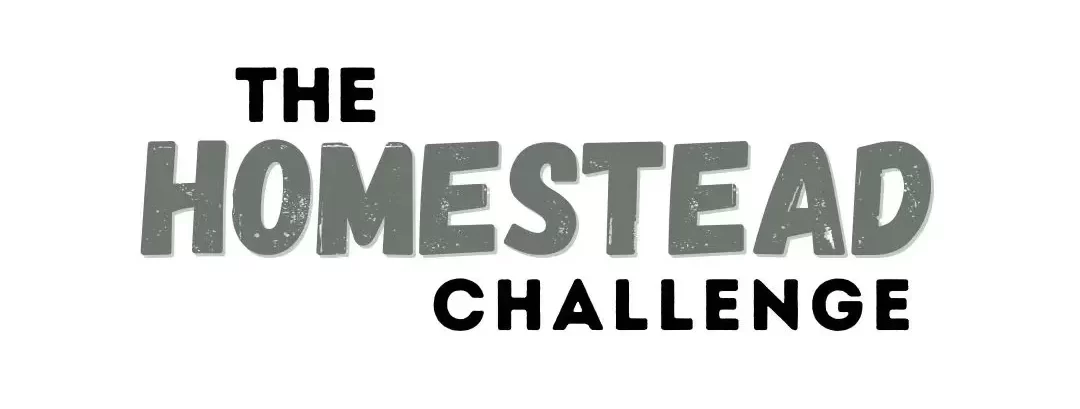
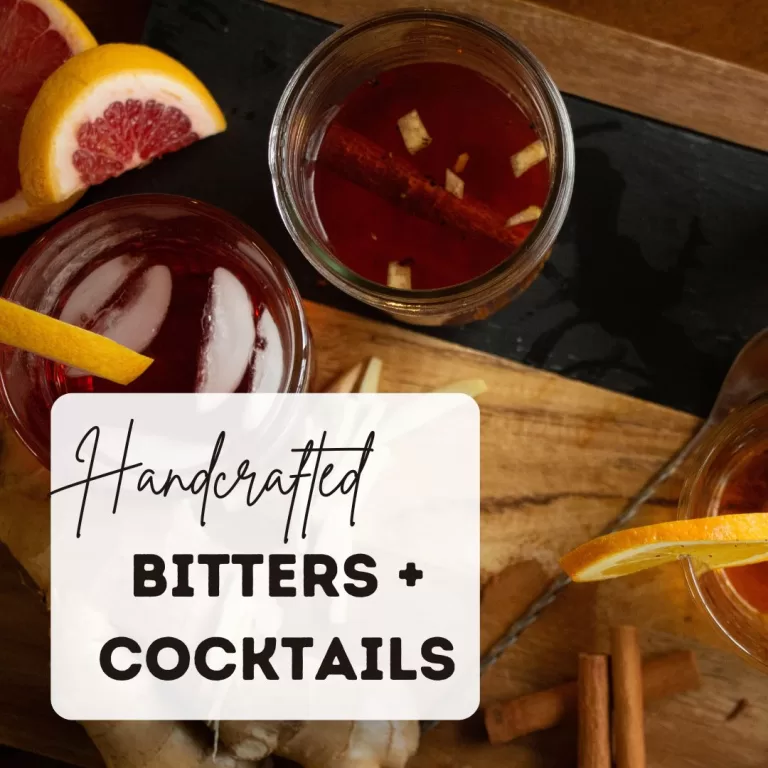

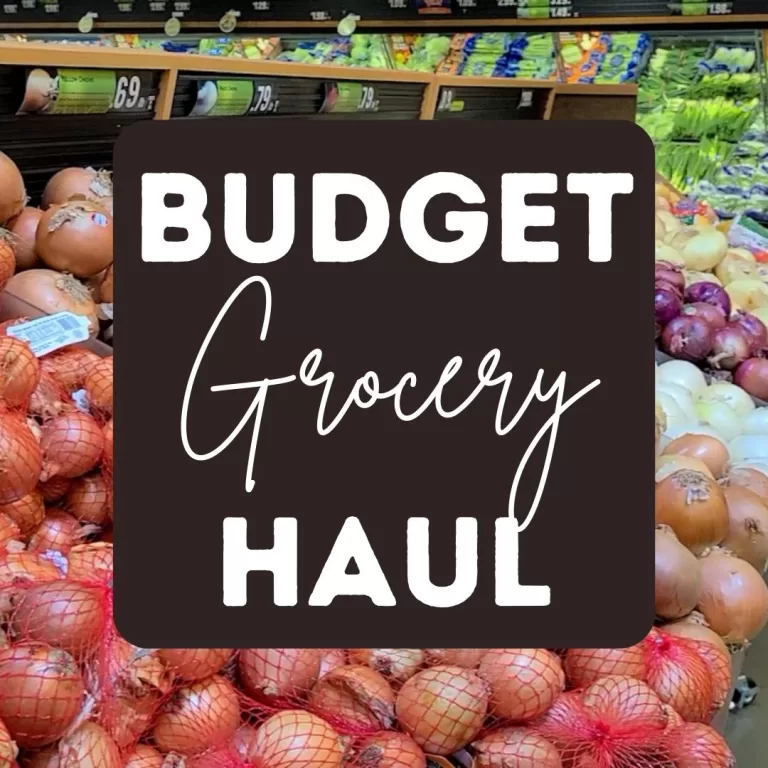
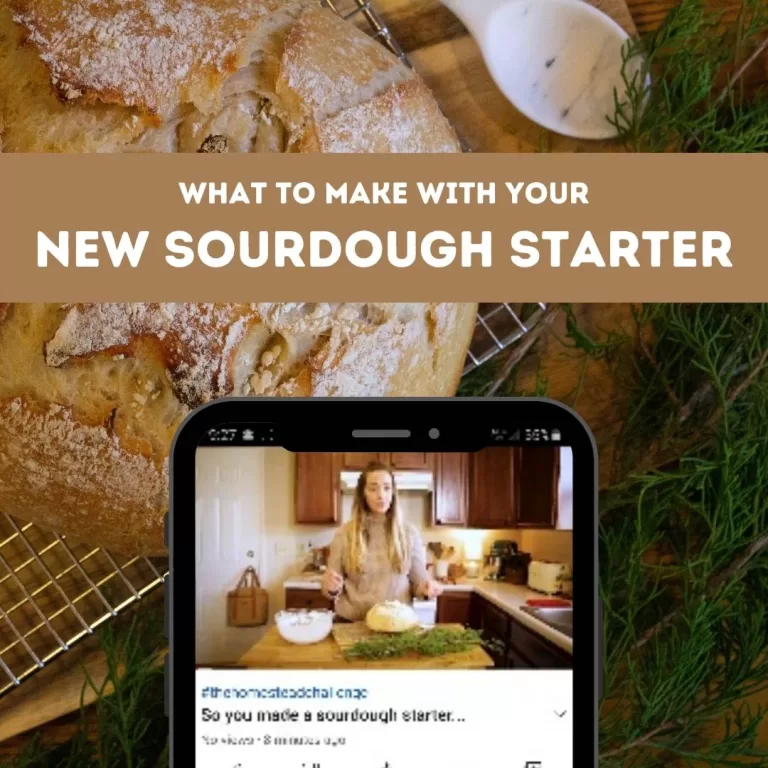
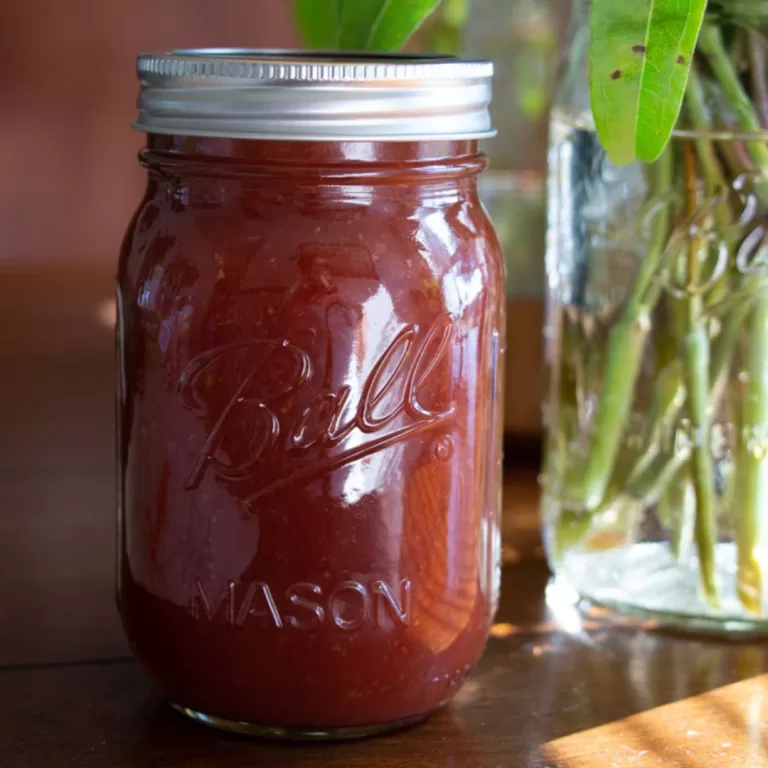
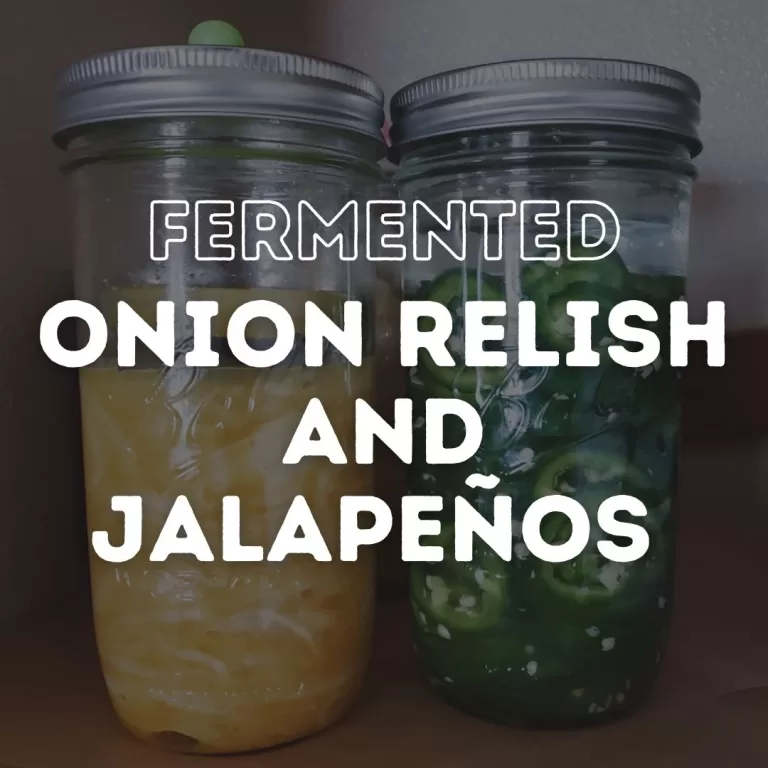
One Comment